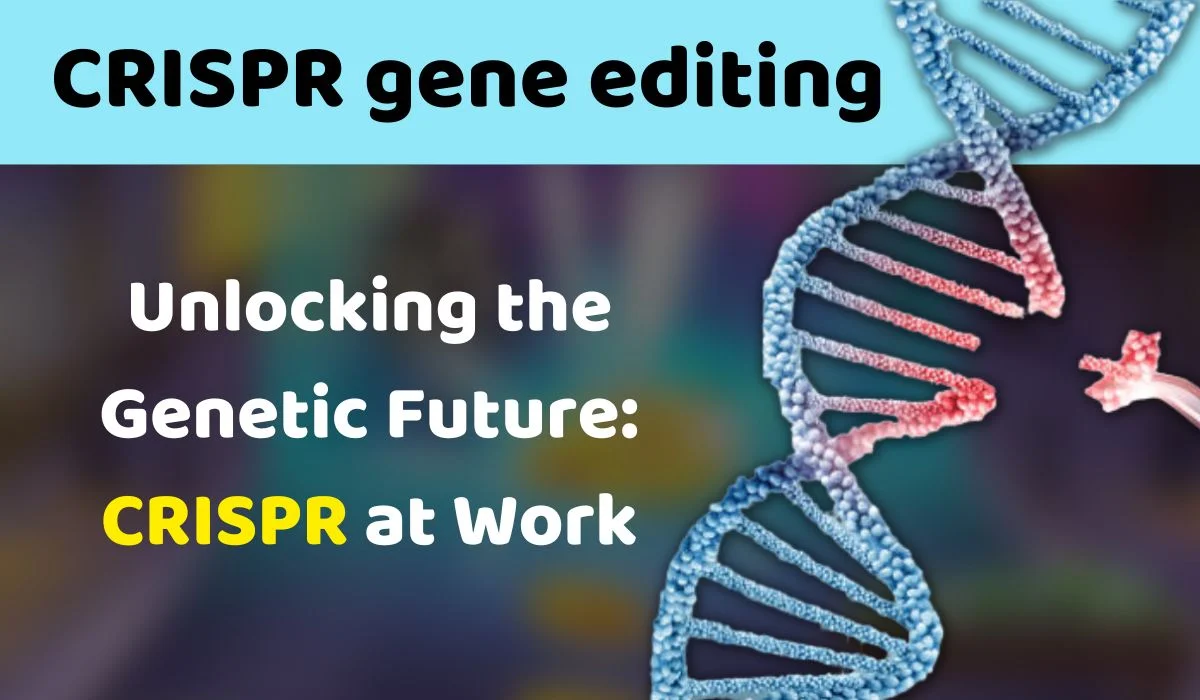CRISPR gene editing
In a compelling new profile, The New Yorker takes us into the intriguing world of He Jiankui, the Chinese scientist whose groundbreaking CRISPR gene editing of human babies made headlines and led to both infamy and a prison sentence.
Known as JK to friends and colleagues, He has harbored a deep fascination with gene editing to combat serious diseases like cancer, Alzheimer’s, and HIV. But as the profile unfolds, we discover that his ambitions reached almost godlike proportions.
JK shared his grand plan with colleagues, aiming not only to cure various severe diseases but also to extend human life dramatically, envisioning lifespans of up to 120 years.
“I understand that my work will spark controversy,” he later admitted. “But I believe that families need this technology, and I’m willing to bear the criticism for their sake.”
It was his work on HIV that catapulted him into notoriety. He used the revolutionary CRISPR technology to edit the DNA of embryos, resulting in the birth of twin baby girls, pseudonymously named Lulu and Nana, whom he claimed were immune to HIV.
Before embarking on this experiment, JK sought the opinions of fellow scientists on the ethical implications of editing embryos, which would not only alter the genes of the individuals but also impact their descendants.
He even sought advice from James Watson, one of the discoverers of DNA’s double-helix structure, known for his controversial views. Watson responded with a handwritten note that read, “Make people better,” a message JK prominently displayed in his lab.
At the core of JK’s ambitions was the desire to improve humanity. He aspired to create a “genetic vaccine” capable of preventing the numerous cancers, diseases, and disorders that afflict us.
Former employees at China’s Southern University of Science and Technology, where JK conducted his research, recounted how he envisioned himself as “China’s Edison” for promoting genome editing, envisioning a world where humanity would be smarter, stronger, and healthier. He even presented a PowerPoint to his colleagues at SUSTech, outlining his vision of an era where humanity could control its destiny.
Many questions surround JK’s experiments, including the identities and current health statuses of the parents and children affected by his embryo editing. What is becoming increasingly apparent, though, is that after his release from prison last year, JK is determined to continue his quest to create a “genetic vaccine.”
Now heading the genetic medicine department at the Wuhan Institute of Technology, he may be on the brink of making new strides in this groundbreaking field.

